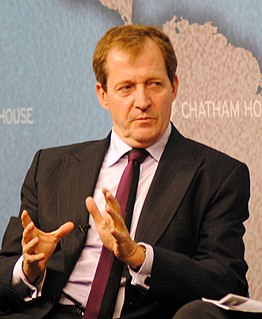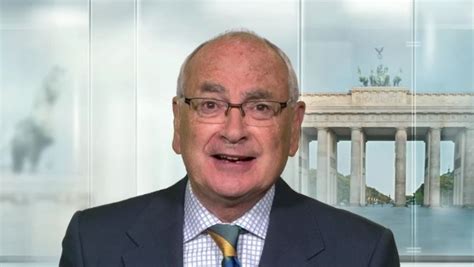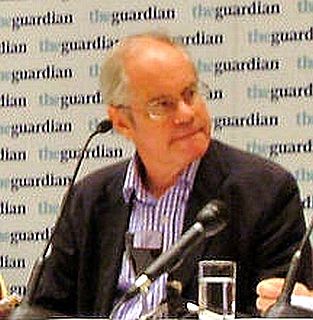A Quote by James Buchan
When Gordon the Brown, in London in 1997, commissioned a great inquisition or survey of his new realm, the result was the so-called national asset register (NAR), which was immediately dubbed by the boomers of the UK Treasury "the modern Domesday Book".
Related Quotes
Because he did not have time to read every new book in his field, the great Polish anthropologist Bronislaw Malinowski used a simple and efficient method of deciding which ones were worth his attention: Upon receiving a new book, he immediately checked the index to see if his name was cited, and how often. The more "Malinowski" the more compelling the book. No "Malinowski", and he doubted the subject of the book was anthropology at all.
You won't find anyone in the UK who doesn't admire what Germany has become. The bilateral relationship between London and Berlin will become more important in the future, and the UK government wants Germany to grow stronger - for Europe's sake. It is in Britain's national interest that the EU succeeds, and Prime Minster Theresa May knows this.
We must take the abiding spiritual values which inhere in the deep experiences of religion in all ages and give them new expression in terms of the framework which our new knowledge gives us. Science forces religion to deal with new ideas in the theoretical realm and new forces in the practical realm.



































